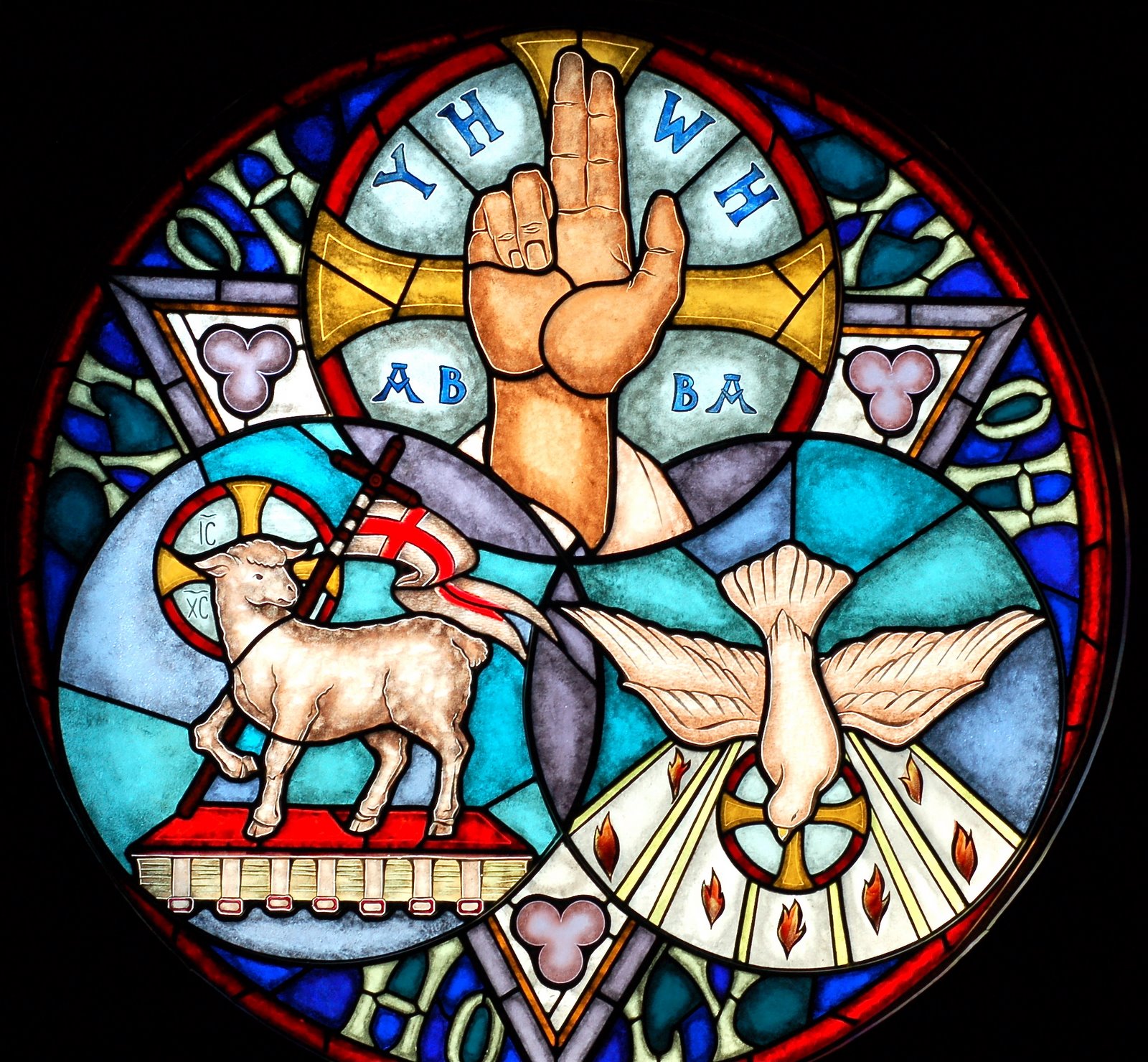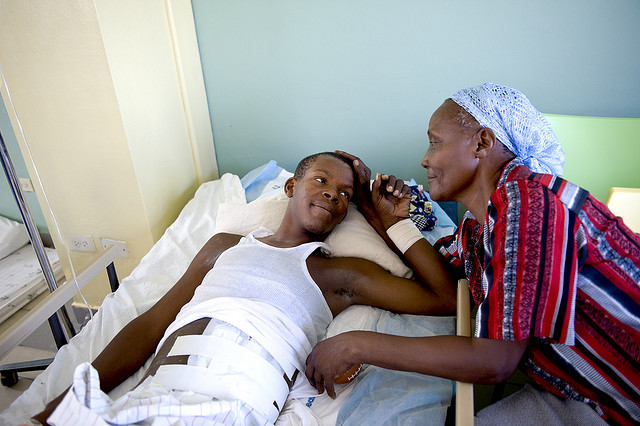 We were reminded this past Trinity Sunday about the importance of relationship. The God who we worship in the Catholic faith is one in three: Father, Son, and Spirit. The divine persons of the Trinity are sustained by an unbroken and unbreakable relationship of unconditional love. This infinite and boundless love shared between Father, Son, and Spirit becomes the foundation for the ways that followers of God live their lives. At least, that’s the ideal situation. It’s pretty clear that our world struggles to incorporate this Trinitarian idea of relationship into everyday life, especially when it comes to social realities.
We were reminded this past Trinity Sunday about the importance of relationship. The God who we worship in the Catholic faith is one in three: Father, Son, and Spirit. The divine persons of the Trinity are sustained by an unbroken and unbreakable relationship of unconditional love. This infinite and boundless love shared between Father, Son, and Spirit becomes the foundation for the ways that followers of God live their lives. At least, that’s the ideal situation. It’s pretty clear that our world struggles to incorporate this Trinitarian idea of relationship into everyday life, especially when it comes to social realities.
Take the country of Haiti, for example. Haiti was a slave nation founded by France to be the economic engine for the country in the new world. The slaves revolted behind Toussiant L’Overture in the 19th century, and while they wrought their freedom from their oppressors, they were also required to pay France 150 million francs ($21 billion in today’s money) for the military and economic losses incurred by the insurrection. Haiti did not pay back this debt until the late 20th century. This one dimension of the relationship between France and Haiti demonstrates how flawed relationships can become: sometimes we hold each other down and force one another to deny the inherent dignity that we all possess. No relationship can be formed in this situation because one of the members of the relationship refuses to truly enter into a mutually beneficial sharing of life, resources, wisdom, joy, or suffering. I believe this reality of having dignity denied by others is especially prevalent in countries like Haiti because it is those outside of the country who try and define the parameters for living inside the country.

Haiti Earthquake 2010, from Flickr user directrelief – Creative Commons license BY-NC-ND
Spirit of sharing
However, the people of Haiti are resilient and strong. They wake up every day and work hard. They love God and their families. They are unafraid to explore the unknown, unbridled in their poverty of spirit, and unabashed in the pride they feel at the work of their hands. There is much suffering to be had in Haiti today, especially after the earthquake that affected so many five years ago. However, the Haitian people refuse to allow this suffering to prevent them from being human. They give to one another freely and willingly because they would want help from those in their communities (family, friends, and neighbors) if they were struggling with hunger or poverty. This feeling of solidarity with their fellow citizens in the country reflects the bond of the Trinity because it displays how an unbroken spirit of sharing and openness can subsist amidst brokenness, much like God shared God’s self with the world through the life, ministry, death, and resurrection of Jesus.
Bond of love
I believe that being in relationship with the poor is our best opportunity to understand the relationship of the Trinity in the world because we glimpse into lives that are characterized by mutual sharing and love amidst the harrowing adventure that is human life. Jon Sobrino and other liberation theologians speak about the poor as the “crucified people” who have been put on crosses by unjust systems of oppression. Understanding the poor in this way allows us to discover Christ crucified in the lives of those considered least in the world: the poor, the marginalized, and the forgotten. Moreover, engaging in relationship with the poor as crucified people illustrates the Trinitarian relationship of love because of their example of solidarity and poverty of spirit. The world of the poor in Haiti and all over the world is at once treacherous and triumphant because the people in this world overcome death with humility and love every day.
We will never understand the world of the poor or the bond of the Trinity. Yet I believe that we must strive to build a world of unbroken solidarity, unbreakable spirits, and unconditional love. We must temper our interpersonal relationships with the reality that we are connected with one another, united by a common struggle to live in new life rather than death. This requires us to reach out to one another across racial, social, and class divides that deny us the ability to see each other’s inherent dignity. The poor are already living in this reality, and so our challenge is to follow them towards realizing the promise of new life found in believing in the Trinitarian bond of love.









Very thoughtful and thought-provoking reflection! Thank you.
Walking in the footsteps of Jesus…thanks for helping us remember that to which we are truly called!